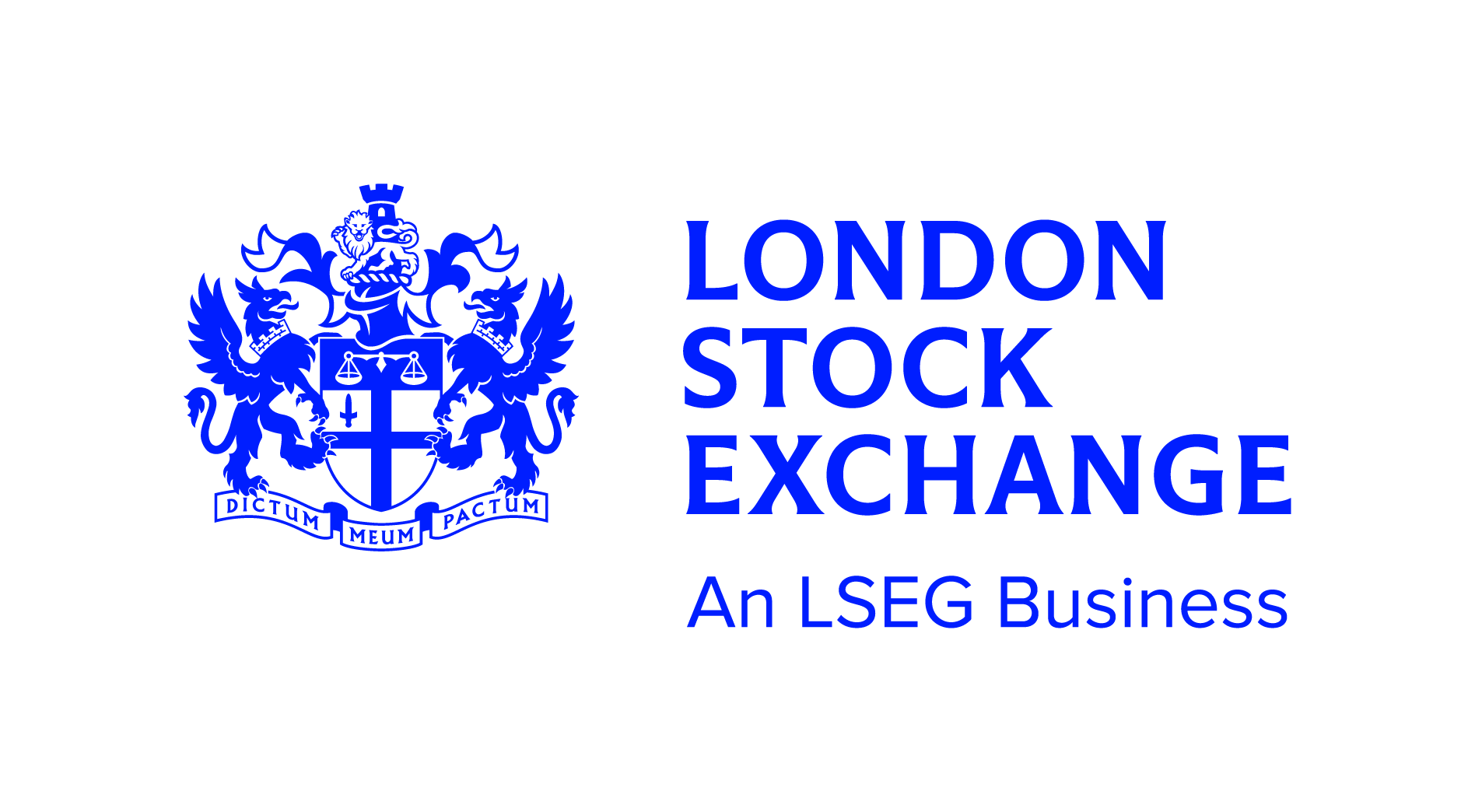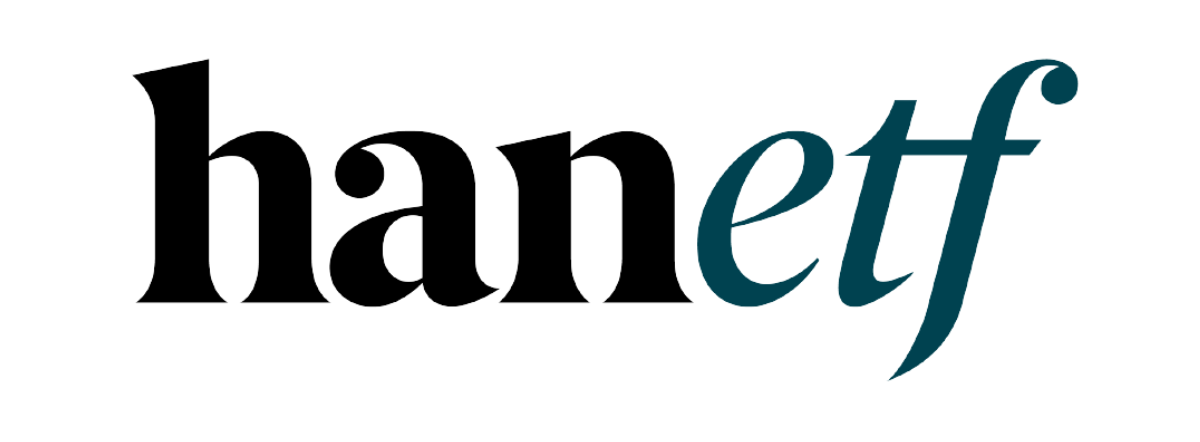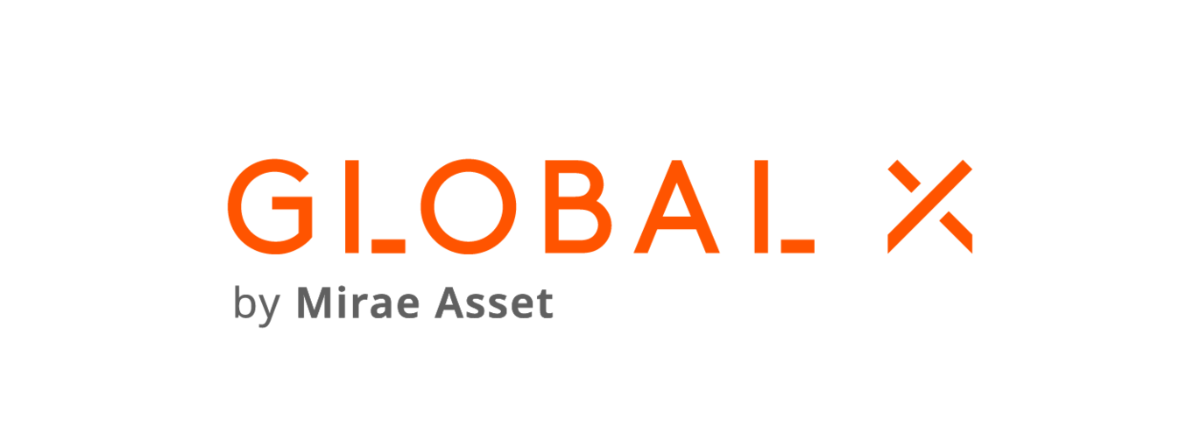Thematic ETFs can be a powerful way for fund selectors to add alpha to portfolios, however, the crowded market and macro outlook have been a reality check for a number of issuers.
Since 2019, asset managers have been launching thematic ETFs at a breakneck pace with investors able to access a whole variety of megatrends, some more attractive than others.
There are now 155 thematic ETFs listed on the London Stock Exchange with €29.2bn assets under management (AUM), according to data from ETFbook.
As a result, standing out from the crowd by offering a genuinely differentiated strategy with exposure to a structural, long-term theme is a challenging prospect, especially for ETF issuers without the distribution power of the likes of BlackRock.
Highlighting this, AssetCo announced earlier this week it is writing down the value of Rize ETF by approximately £5m after admitting the ETF issuer is “materially behind plan”.
AssetCo acquired a majority stake in Rize ETF in July 2021, a move that saw chairman ex-Aberdeen Asset Management CEO Martin Gilbert enter the world of ETFs for the first time in his career.
The move meant Rize ETF has been able to “turbocharge” the business, according to co-founder Stuart Forbes, speaking to ETF Stream following the investment, with the firm launching a further five thematic ETFs.
However, just three of Rize ETF’s nine-strong ETF range have raised over $50m, the Rize Sustainable Future of Food UCITS ETF (FOOD), Rize Cybersecurity and Data Privacy UCITS ETF (CYBR) and Rize Environment Impact 100 UCITS ETF (LIFE), highlighting the challenges of running a thematic ETF shop in this market environment.
“It has been encouraging to see net inflows into the Rize ETF business over the period, which bucks the general trend in conventional fund markets and points to the ongoing potential for this product set,” Gilbert said.
“That said, the business remains materially behind plan, its thematic focus having been set back by the advent of war in Ukraine and subsequent market jitters.”
Rize ETF is not alone. Since August 2022, white-label ETF issuer HANetf has closed five thematic ETFs in response to low demand. It also cut the fees on its clean energy and solar ETFs last week in a bid to attract more investors.
Meanwhile, Global X currently offers 18 thematic ETFs with under $10m AUM, over half of its ETF range in Europe.
“Several smaller players found their niche in areas like thematic ETFs, however, many lost profitability in late 2021 and early 2022 when interest rates started to rise and hit their products,” Peter Sleep, senior investment manager at 7IM, told ETF Stream.
“We are now in a period of flux as we wait for new trends to emerge. It seems possible that some old themes will turn out to be dead ends.”
As investors face the prospect of structurally higher inflation and lower returns over the next decade, issuers will need to be more selective with the megatrends they track and not just offer exposure to the newest trend.
As Sleep said: “I am confident that new investment themes will emerge and ETF issuers will get their innovation mojo back.”








